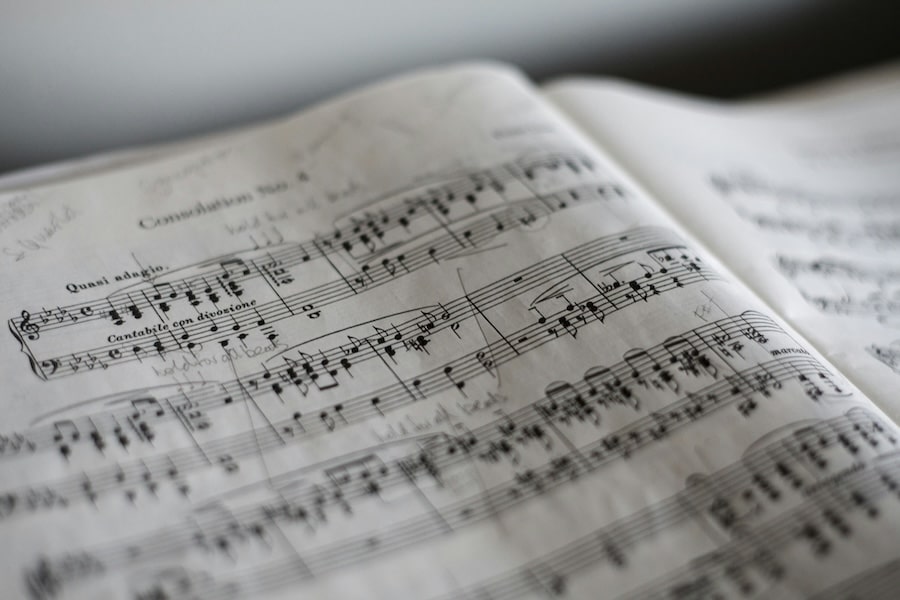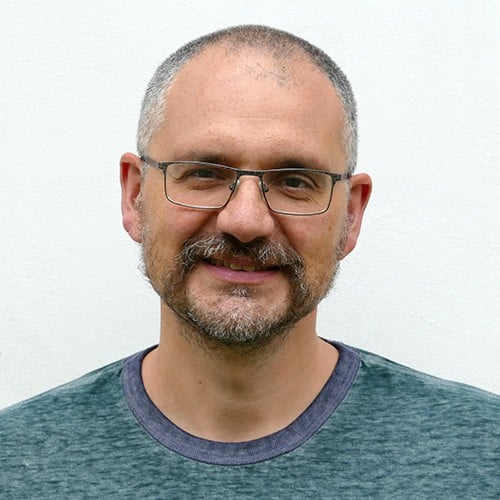NEW IDEAS IN COMPLEXITY SCIENCE
On May 24th, 2018, the First External Faculty Meeting of the Hub started with a public conference.
In short talks complexity scientists from all around globe shared their visions on the question “Complexity: Where do we go from here?”
What are the open, the most pressing, the most promising questions to an understanding of complexity and Big Data?
Find the talks of all conference participants (in order of appearance) on our Youtube channel in the playlist of the conference.
An overview with photographs of the event and links to all available slides can be found here.
ALVARO CORRAL
“MUSIC AS A SORT OF LANGUAGE”
Alvaro Corral is a researcher at the Centre de Recerca Matematica in Barcelona, where he leads the complex systems group. He talks about music as a complex and truly human system of communication.
“The main problems humankind faces in the 21st century,” Alvaro says at the beginning, “are due to our inability to understand complexity, deal with complexity, read complexity, and tame complex systems.” Examples are the climate, the economy, politics, diseases and many more. But, he continues, he decided not to talk about any of these important problems. Instead he chose to reflect on music.
Music is exclusive to humans, Alvaro says. It was common to all human cultures of all times. Some think it was even previous to language. It really interests people, as can be seen for instance in social media click-rates. Music also transports emotions, transmits information. It could be seen as a sort of language,” Alvaro assumes.
Music is a complex system. So is there anything that complexity science could add to what musicologists already know? “Could we do large-scale empirical studies of (digitized) music?”, Alvaro asks. “Would we replicate insights from musicology, or would we arrive at new insights?”
What traditional musicology lacks, is a quantitative approach, is precise measurements. This could be added by complexity as a “Big Data science.”
But it wouldn’t be Big Data science alone, Alvaro adds. As many other complex systems, music seems to be at the edge between order and chaos, in a sort of “critical equilibrium.” It thus can be approached by means of complexity science: “Music as a language also seems to fulfill simple complex-systems laws—like Zipf’s law.”
And Alvaro concludes with a quote of Philip Ball (The Music Instinct, 2009): Music is not simply a kind of mathematics. It is the most remarkable blend of art and science, logic and emotion, physics and psychology, known to us.
CLICK FOR ALVARO’S SLIDES.
See the video in full lenght here:

